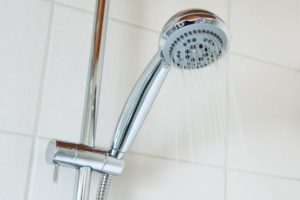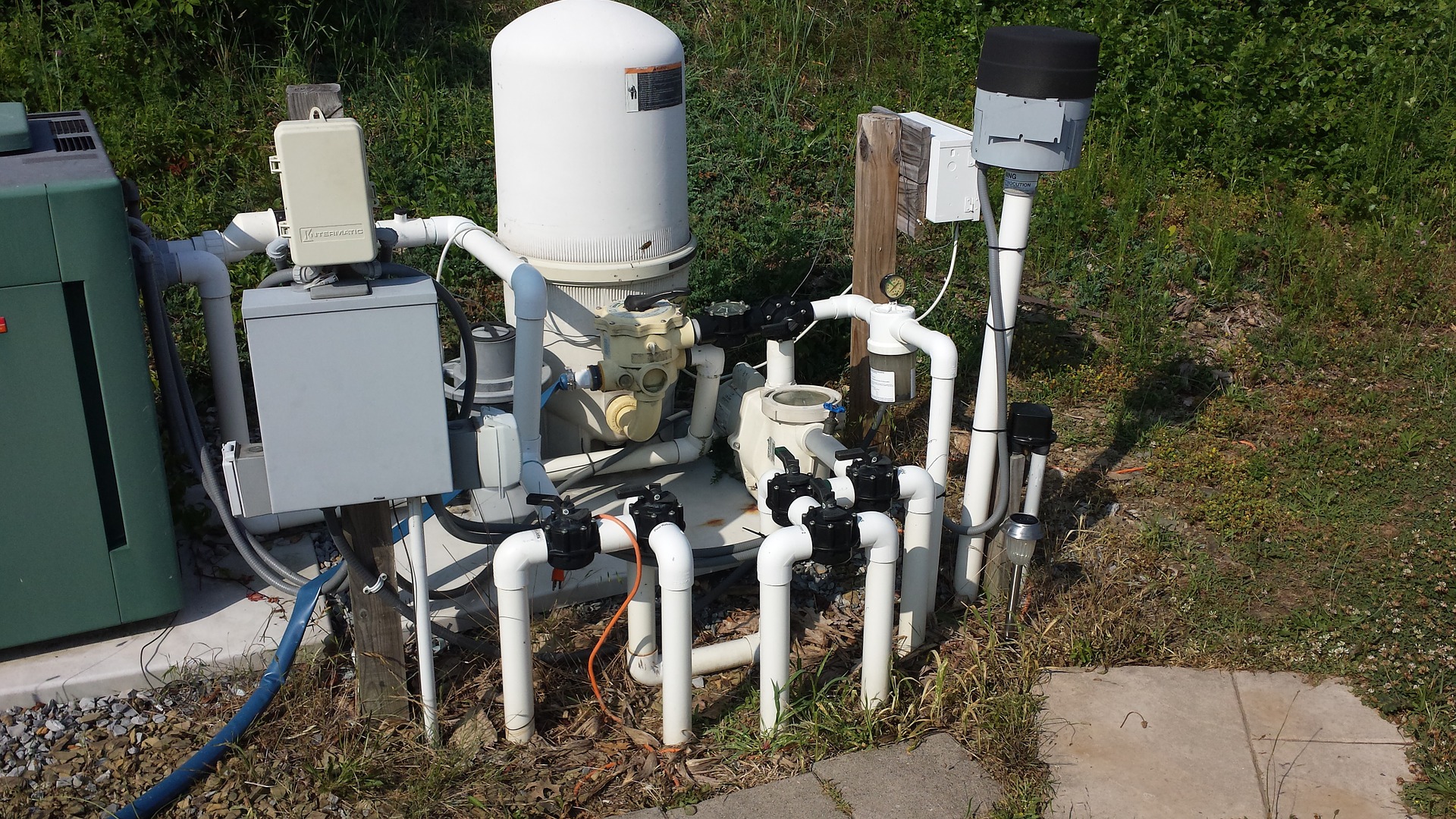Whole-house filters are connected to the main water supply, so the water entering your home has already been treated. Point-of-use filters filter the water in your home. These filters can be installed in the kitchen, laundry room, and bathroom to provide filtered water. Water filtration can be done quickly and easily to ensure that the water flows tasty and purified.
However, some homeowners also like to install well water filtration systems for their homes. If you want to know more about well water filtration systems, you should check heckhome.com. The reputation and credibility of the company or supplier you choose to supply your filters are imperative. Here are tips on choosing the best whole house water filtration system.
Select the Type of Filter
The type of contaminants in your water determines the type of filter you need. Consult a professional to determine the exact contaminants you need to remove from the water entering your home. You can have your main water line cleaned by a municipal facility.
If you connect your home to a private water source, you will need to remove hardness minerals, iron, and sediment. Your water may contain mild to severe contaminants. Schultz Soft Water understands the importance of choosing the right filter to ensure that your water dispensers contain only filtered water. Our experts will help you test your water to make the best choice.
Check the Flow Rate
 Flow rate can be measured in gallons/minute. Flow rate measures the amount of water that can pass through your appliances: dishwashers, showerheads, water heaters, and toilets. Before you buy filters, find out the specifications of the water dispensers in your home and the appliances you have. A showerhead, for example, has a flow rate of between 2.5 and 5 gallons per minute. Dishwashers and toilets have flow rates of 5 and 3 gallons per minute. Experts can help you determine the right flow rate for your filter based on your family size and the flow rate of your water dispenser.
Flow rate can be measured in gallons/minute. Flow rate measures the amount of water that can pass through your appliances: dishwashers, showerheads, water heaters, and toilets. Before you buy filters, find out the specifications of the water dispensers in your home and the appliances you have. A showerhead, for example, has a flow rate of between 2.5 and 5 gallons per minute. Dishwashers and toilets have flow rates of 5 and 3 gallons per minute. Experts can help you determine the right flow rate for your filter based on your family size and the flow rate of your water dispenser.
Ensure Its NSF Certified
It would help if you were sure to find an NSF-certified filtration system. Once all other factors have been considered, you should check if the filtration system is NSF certified. No matter what size filter you purchase, you should make sure that it is permitted. By looking at the seal, you can see if the filter has been approved and tested. These tips can help you find the best filtration systems for wells throughout your home if you want to replace or upgrade your current filtration systems. Not only do they meet government safety standards, but they are also highly efficient and meet all of your water filtration needs.



 Early the next morning, the materials arrived at my house. Once the materials were unloaded, I began hauling the 10-foot-long boards and corrugated metal sheets into the yard and arranging them in a pattern that more or less matched the way they were to be assembled. After securing the boards with 4-inch screws, I applied a long-staple gun to staple the receiver and electrical wires inside the house to better protect them from the elements.
Early the next morning, the materials arrived at my house. Once the materials were unloaded, I began hauling the 10-foot-long boards and corrugated metal sheets into the yard and arranging them in a pattern that more or less matched the way they were to be assembled. After securing the boards with 4-inch screws, I applied a long-staple gun to staple the receiver and electrical wires inside the house to better protect them from the elements. I built the rest of the frame on solid ground, so I didn’t have to hold everything down with one hand while securing the deck screws with the other. Cut four suspenders at exact 45-degree angles. I surveyed the board’s width with a ruler, then indicated that length on the board’s edge and cut around the corner from there to make a triangle.
I built the rest of the frame on solid ground, so I didn’t have to hold everything down with one hand while securing the deck screws with the other. Cut four suspenders at exact 45-degree angles. I surveyed the board’s width with a ruler, then indicated that length on the board’s edge and cut around the corner from there to make a triangle.  These two boards will be screwed into their nail, with their end holding the frame as I lift it, while their different future will rest on the ground to keep the structure from coming back down. To generate the perfectly horizontal frame across the entire surface, I raised the posts a bit. I poured a large amount of thick prepackaged concrete to increase its elevation just enough to make my bubble perfect.
These two boards will be screwed into their nail, with their end holding the frame as I lift it, while their different future will rest on the ground to keep the structure from coming back down. To generate the perfectly horizontal frame across the entire surface, I raised the posts a bit. I poured a large amount of thick prepackaged concrete to increase its elevation just enough to make my bubble perfect. 
 The purpose of your lighting fixture will determine what material is best. We recommend using a copper outdoor lighting fixture if you want to enhance the exterior design and architectural details. The beautiful finish on this metal looks impressive when illuminated at night. This works exceptionally well if it’s installed near landscape features such as trees or flowers with copper components. If you’re also looking for security lighting, we recommend using a combination of materials. For example, have a steel fixture with a bronze or copper overlay. This will give you the best of both worlds.
The purpose of your lighting fixture will determine what material is best. We recommend using a copper outdoor lighting fixture if you want to enhance the exterior design and architectural details. The beautiful finish on this metal looks impressive when illuminated at night. This works exceptionally well if it’s installed near landscape features such as trees or flowers with copper components. If you’re also looking for security lighting, we recommend using a combination of materials. For example, have a steel fixture with a bronze or copper overlay. This will give you the best of both worlds.
 If you want to save money on electricity price while doing something valuable for the environment, consider alternative energy sources like solar, wind, or geothermal. Creating this kind of change doesn’t have to break the bank. You can look to the Small Business Establishment for regional, state, and local energy efficiency programs that offer grants and loans for businesses making green improvements.
If you want to save money on electricity price while doing something valuable for the environment, consider alternative energy sources like solar, wind, or geothermal. Creating this kind of change doesn’t have to break the bank. You can look to the Small Business Establishment for regional, state, and local energy efficiency programs that offer grants and loans for businesses making green improvements.